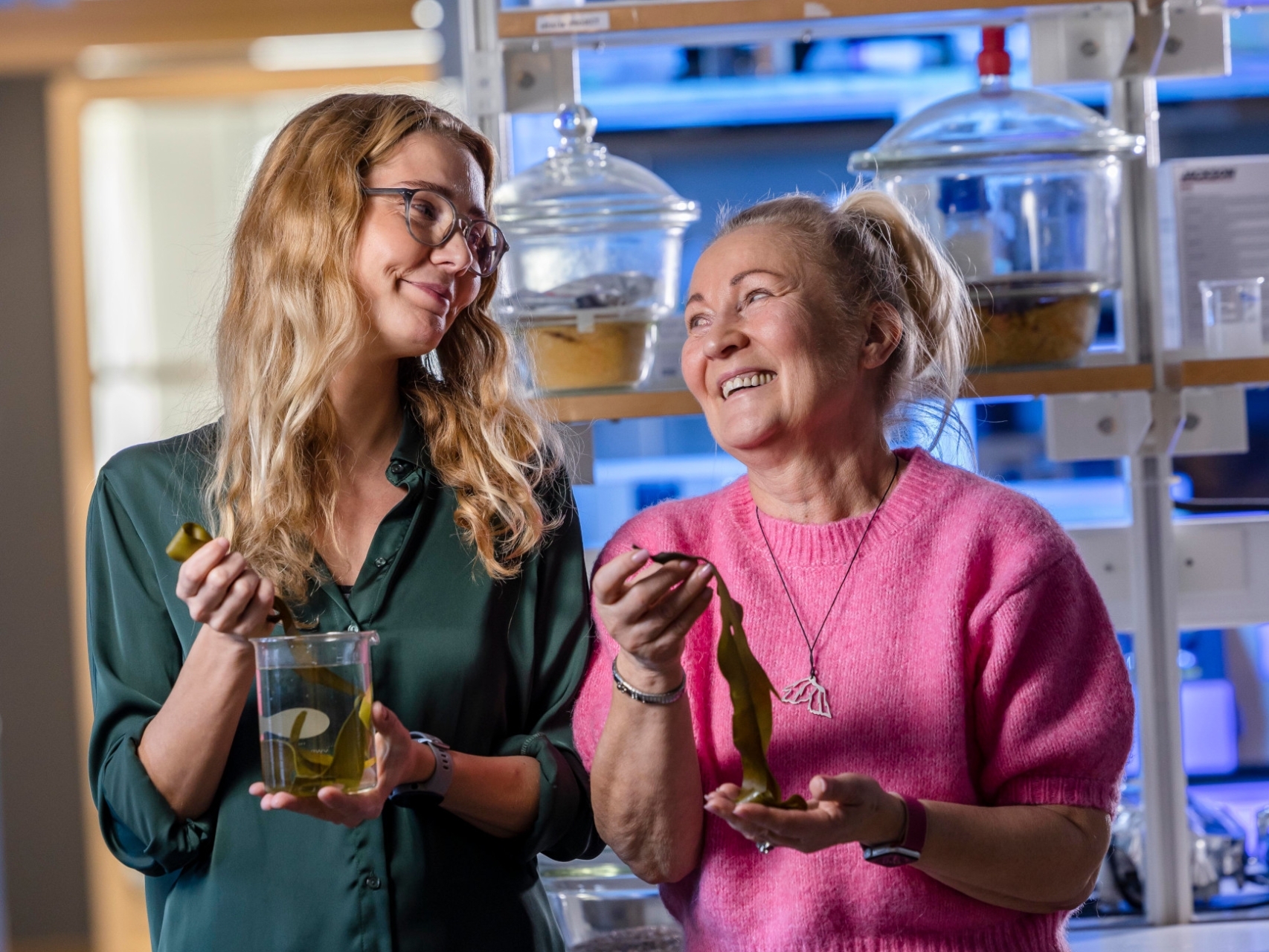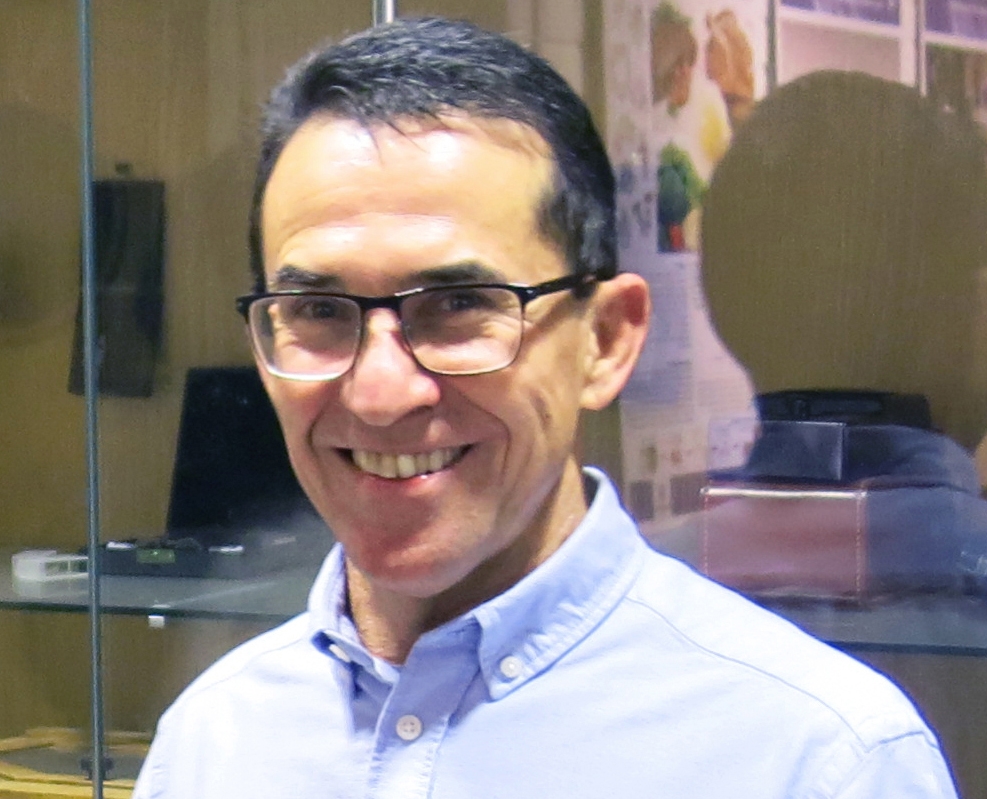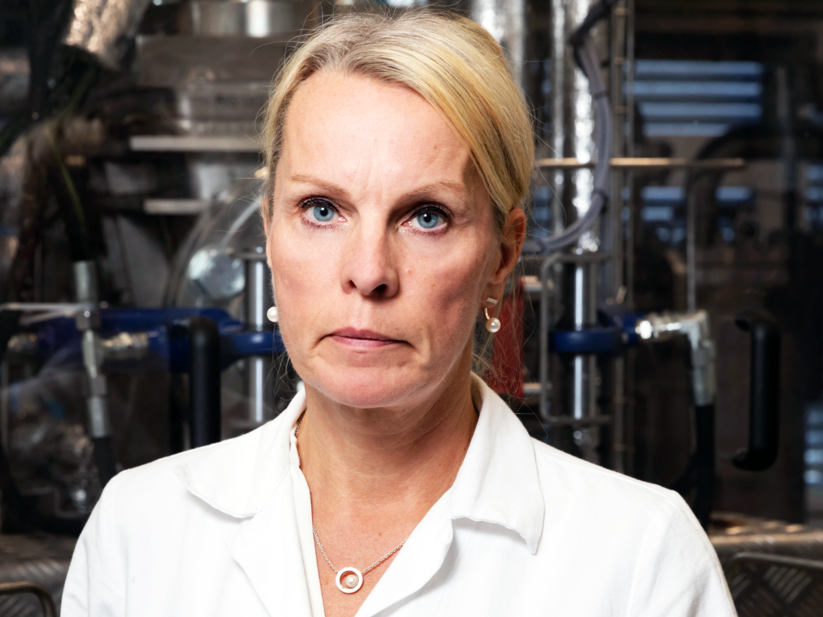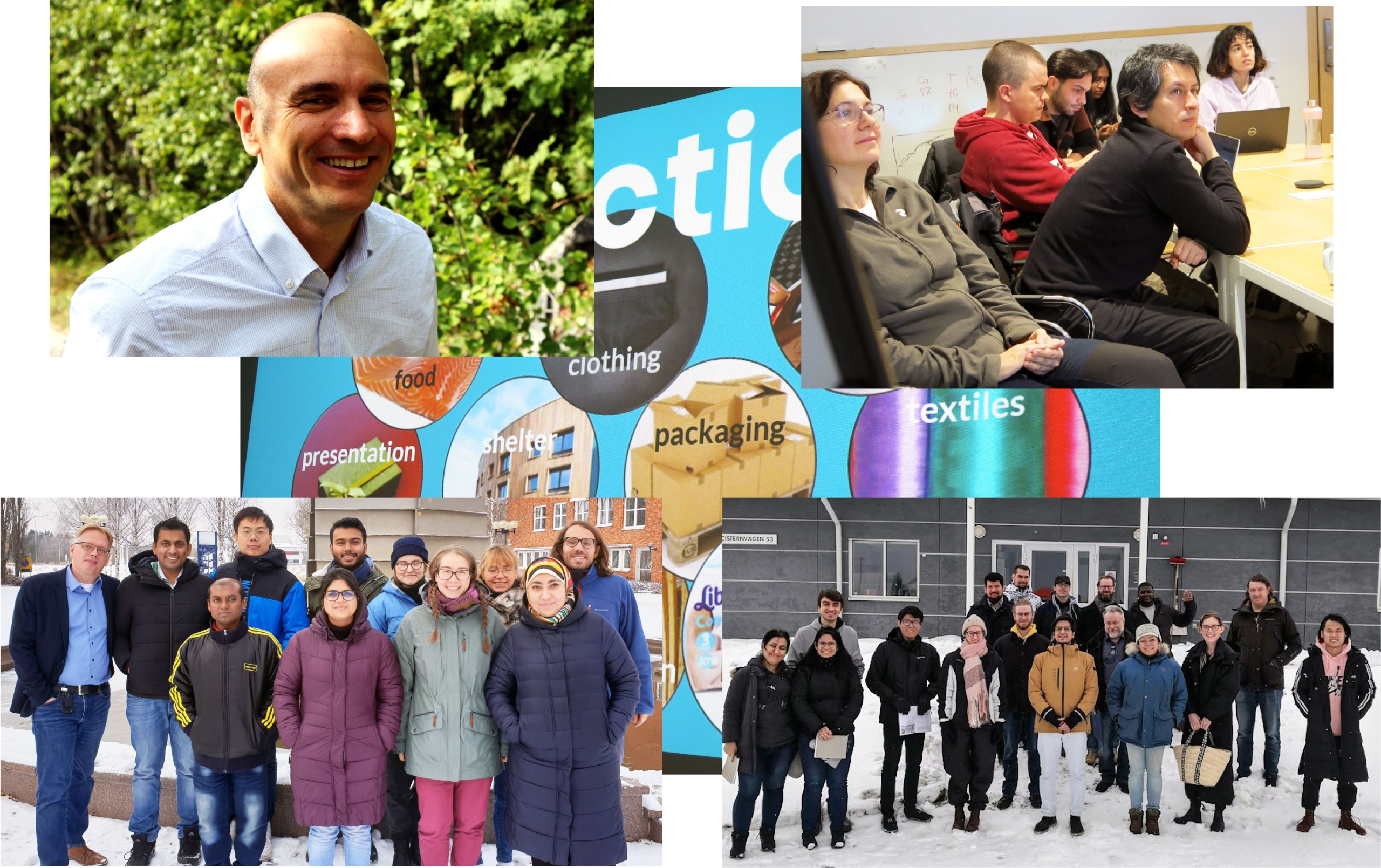Innovator of Year Award to Bio4Energy Nanotechnology Experts
Bio4Energy experts at nanotechnology have been selected to receive an ‘Innovator of the Year’ award by their home organisation Luleå University of Technology, Sweden for their continued efforts to develop bio-based solutions for industry. The award motivation highlights the creation of medical and health care applications as a particularly successful avenue.
LTU pro vice-chancellor Charlotte Winberg will be handing over the award at the university’s Innovation Day 5 November.
“We are very happy about the award and will focus even more on innovations so that our research can benefit society”, researches Kristina Oksman and Linn Berglund wrote in a press release from LTU.
The pair has successfully developed hydrogels from kelp seaweed that are being commercialised. Moreover, a smart dressing for wound healing, made by turning woody residue into nanofibre networks that take the form of a transparent gel—complemented by an equally transparent film overlay—is in preclinical testing.
The pair has successfully developed hydrogels from kelp seaweed that is being commercialised.
Moreover, a smart dressing for wound healing, made by turning woody residue into nanofibre networks that take the form of a transparent gel—complemented by an equally transparent film overlay—is in preclinical testing.
“What makes our innovations unique [are the fact] that they combine sustainability with versatility and functionality. We can tailor the biomaterials for different applications, making them useful in a variety of industries, from medicine to packaging”, associate professor Berglund said.
Last year, professor Oksman and Berglund made the 100 List hosted by the Royal Swedish Academy of Engineering Sciences for the invention of a sturdy composite material made from scrap textiles and plastic waste.
The List is published annually to indicate research innovations created at Swedish universities that could provide an economic and societal benefit, were they to be adopted by industry and commercialised.
Award motivation
“Oksman and Berglund’s work has great potential to contribute to societal benefits, particularly by reducing healthcare costs while also creating environmentally friendly alternatives for industry”, the press release said;
“Their bio-based solutions are not only energy-efficient to produce but can also replace oil-based materials, thereby reducing the use of fossil fuels and harmful chemicals”.
Recently, their Bionanocomposites’ research group has made bio-based films from woody residue after use as an underlying substance or layer for growing exotic mushrooms for human consumption. The mushrooms feed off this substrate layer to grow and break up the polymers of the wood during the while.
Recently, their Bionanocomposites’ research group has also made bio-based films from woody residue after use as an underlying substance or layer for growing exotic mushrooms for human consumption, in collaboration with Shaojun Xiong and colleagues at the Swedish University of Agricultural Sciences.
The mushrooms feed off this substrate layer to grow and break up the polymers of the wood during the while. This means that the researchers do not have to use chemicals to achieve their aim of breaking down the polymer lignin—the glue that binds together the main wood polymers cellulose, hemicellulose and lignin—since the mushroom carries out this service.
As part of the Bio4Energy research environment, Oksman and Berglund have gone from success to success. While Oksman was one of Bio4Energy’s founding research leaders, Berglund came in later as her student; rose through the ranks and never left since.
“Bio4Energy has been great for our research. We have had the freedom to invent new things. I do not think we could have done this without Bio4Energy”, Oksman told Bio4Energy Communications.
Contacts
Linn Berglund – Bio4Energy Biopolymers and Biochemical Conversion, affiliation with Luleå University of Technology
Kristiina Oksman – Bio4Energy Biopolymers and Biochemical Conversion, affiliation with Luleå University of Technology
Related projects
Sustainable packaging materials from renewable raw materials sources – Bio4Energy
Relation of wood structure and chemistry to nanocellulose extraction and properties – Bio4Energy
Related news
Breakthrough Innovation: Hydrogels from Norwegian Kelp to Be Commercialised – Bio4Energy
Inventions by Bio4Energy Researchers Highlighted by Royal Academy for Future Potential – Bio4Energy


 ©AnnaStrom
©AnnaStrom Bio4Energy
Bio4Energy ©AnnaStrom
©AnnaStrom



